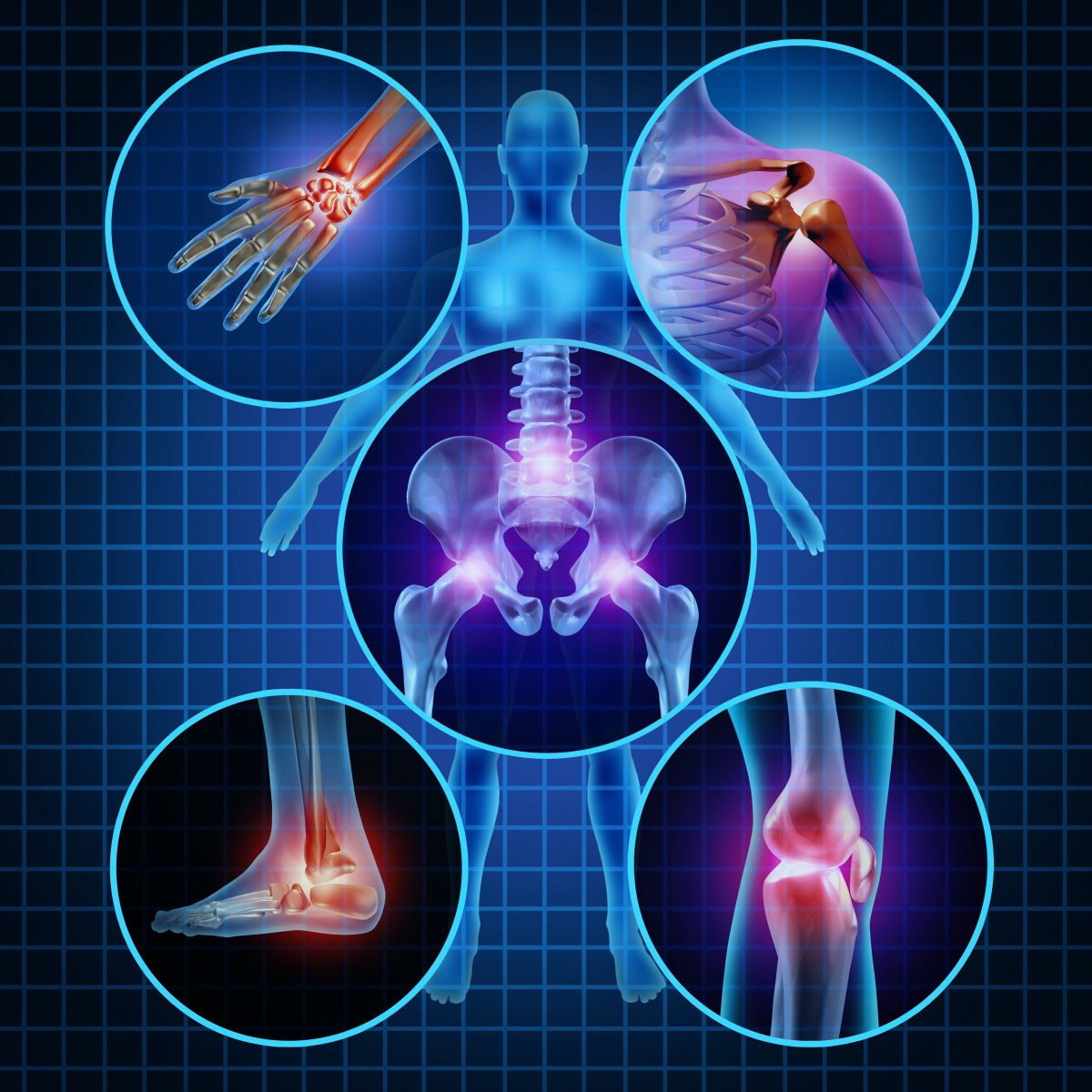Having Rheumatoid Arthritis Appears to Lower Your Risk of Parkinson’s
Written by |

People diagnosed with rheumatoid arthritis (RA) are at a significantly lower risk of developing Parkinson’s disease (PD) five or more years later, according to a large Swedish population study.
This lesser risk — a drop of at least 35% — is possibly due to the anti-inflammatory treatments used with rheumatoid arthritis, its researchers wrote, and should factor into work on potential therapies to modify the course of Parkinson’s.
The study, “Decreased Risk of Parkinson’s Disease After Rheumatoid Arthritis Diagnosis: A Nested Case-Control Study with Matched Cases and Controls,” was published in the Journal of Parkinson’s Disease.
Numerous environmental, lifestyle, and health-related factors are associated with Parkinson’s risk, including certain anti-inflammatory and immunosuppressant therapies. Previous research indicates that there are common genetic pathways between Parkinson and autoimmune diseases like rheumatoid arthritis, an often severe and chronic disease typically treated with anti-inflammatories.
Researchers used a government medical registry covering the years 1964 to 2017 to identify Parkinson’s patients among all Swedish-born residents (3.6 million people), and records covering 1997 to 2017 to identify those diagnosed with rheumatoid arthritis. Patients were matched with adults serving as controls by sex, age, and geographic location at birth. The control group included people with rheumatoid arthritis but not Parkinson’s
In total, 8,256 Parkinson’s patients with long-term follow-up data and without comorbidities — other medical conditions — were first matched with 82,452 controls to determine Parkinson’s risk in people with rheumatoid arthritis. Within this total group of 90,708 individuals, 1,194 had rheumatoid arthritis.
Analyses showed a “a significant negative association between RA [rheumatoid arthritis], as an antecedent, and a later diagnosis of PD [Parkinson’s disease],” the researchers reported. A person’s rheumatoid arthritis diagnosis, compared to other control group individuals without this autoimmune disease, was significantly linked to a 30% to 50% lesser risk of Parkinson’s later in life, the team found.
Analysis of a smaller and more conservative study group matched 4,738 Parkinson’s patients with 47,269 controls; all Parkinson’s patients here had a more reliable diagnosis date. The association between rheumatoid arthritis and a reduced Parkinson’s risk years later was even stronger than in the larger group.
The odds of developing Parkinson’s five or more years after a rheumatoid arthritis diagnosis was 53% lower in this conservative group, and 35% lower in the larger group, the researchers reported.
Women diagnosed with rheumatoid arthritis were most likely to not development Parkinson’s five or more years later — their risk reduction was 60%, compared with a 41% reduction in men.
According to the researchers, the “chronic use of anti-inflammatory medications by RA patients is a particularly interesting potential explanation as to why people with RA have a reduced risk of developing PD later in life.”
Their study’s findings, they added, “should be taken into account when developing and clinically evaluating new or repurposed drugs aimed at modifying the disease process in PD.”
Among the study’s limitations was a reliance on medical records, with for misdiagnosis, and a lack of information about a patient’s family health history or education level, which could impact risk for both diseases.


